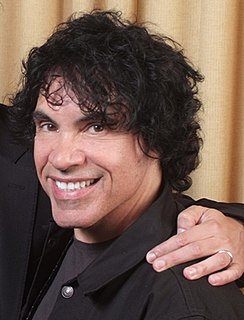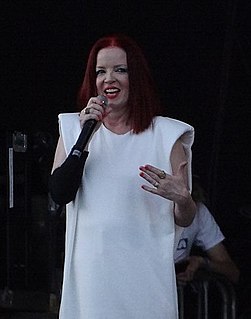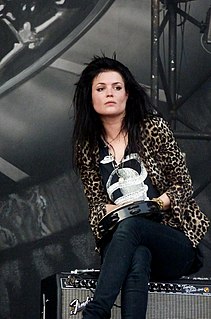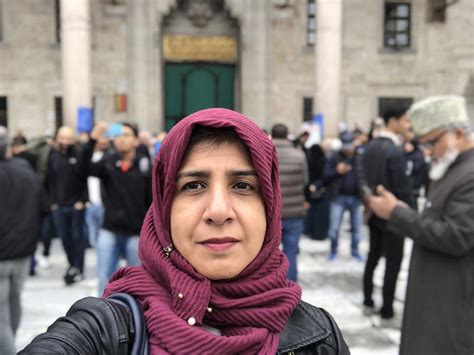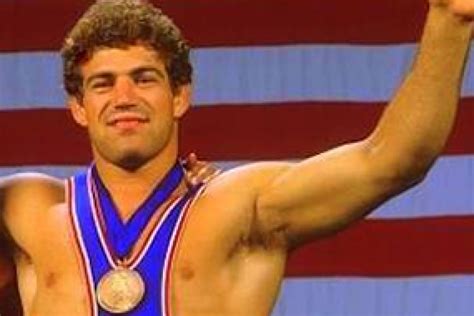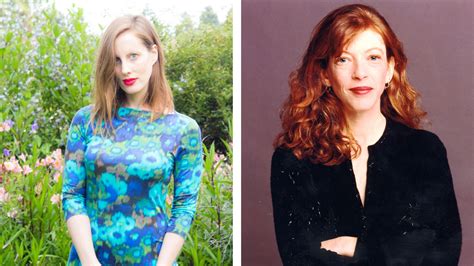A Quote by John Oates
You may be embarrassed about the way you looked and the wacky clothes you wore when you were young, but normally, at least it's hidden in a box in the attic.
Related Quotes
There was a time when formal clothes were one of life's great pleasures, as well as a way of describing instantly a man's status wealth. Toffs wore the most, the proles the least. Fast forward to 2008 and clothes are still an unrivalled pleasure but some men - and this includes many of our betters - have confused status with fake informality.
There were plenty of women around who dressed smartly, and plenty more who dressed to impress, but this girl was different. Totally different. She wore her clothing with such utter naturalness and grace that she could have been a bird that had wrapped itself in a special wind as it made ready to fly off to another world. He had never seen a woman who wore her clothes with such apparent joy. And the clothes themselves looked as if, in being draped on her body, they had won new life for themselves.
An Islamic writer recalls her joy in the clothes she wore as a young girl at a wedding: They were always in beautiful bright colors: crimson, pink, turquoise, purple, and embroidered with sparkling crystals, sequins and beads. ... The older girls and women would wear glamorous heavily-beaded silk blouses and long, princess-like skirts. I wanted to wear those fairy-tale clothes too. I longed even more to wear a sari which the women wore so elegantly and which flattered their curves.
Me and my brother lived in kind of a shed behind our house, and it was cold. We really lived kind of a dirty existence. It was tough to move away from my father and grandfather in California. I wore socks that were so dirty they were hard and black, and I would go into the lost and found box at school and look for clothes.
Both [Nikola] Tesla and [Leon] Theremin were preternaturally young. I mean, for a long time Tesla was a young man well into his 70s. And so was Theremin, even though, at the end, he looked pretty old. But he was still doing things that young guys do, beyond the time you'd normally think people should be doing that stuff.
